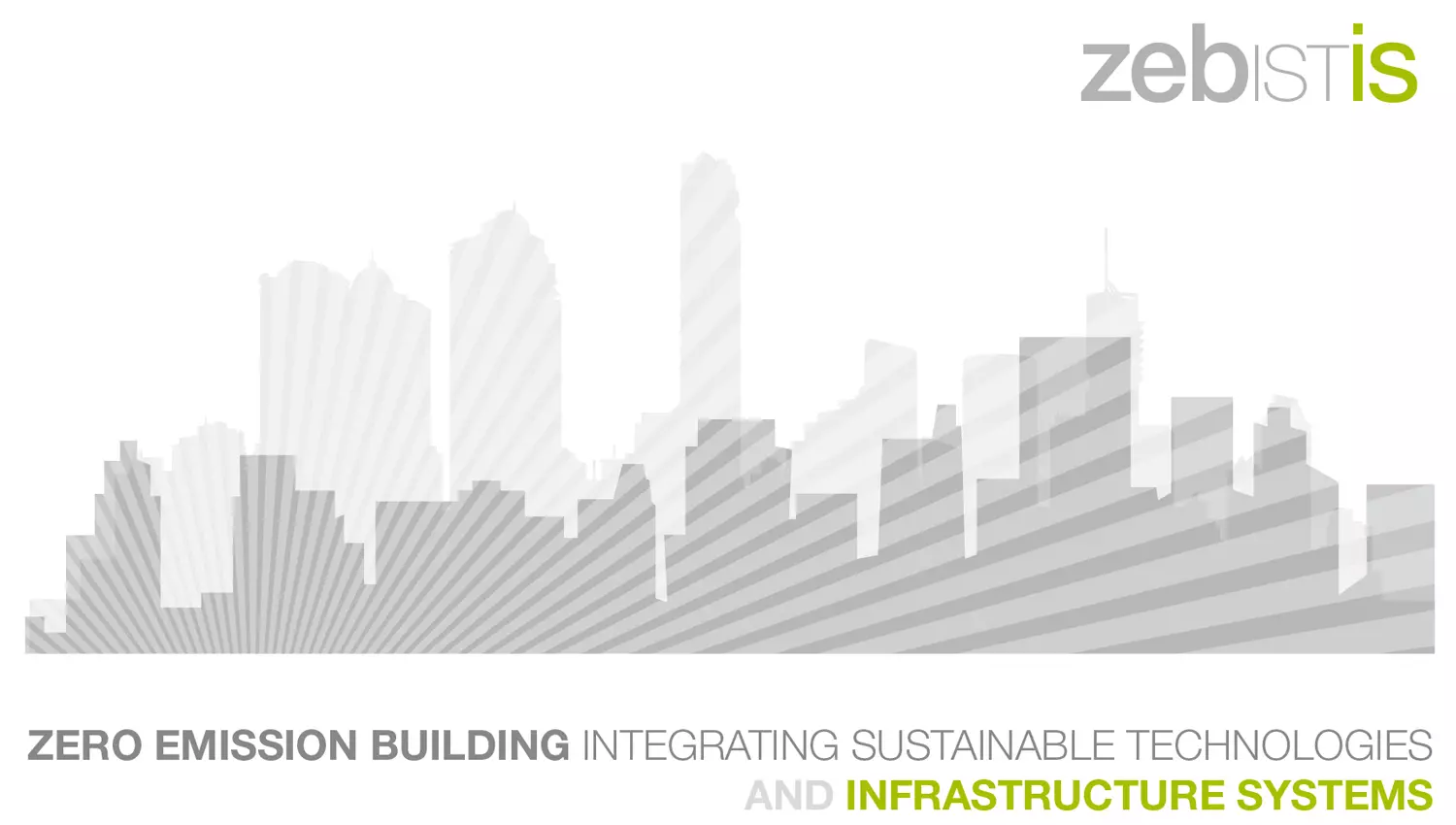Zero Emission Buildings: Integrating Sustainable Technologies and Infrastructure Systems (ZEBISTIS)

At a glance
- Project leader : Prof. Dr. Ranka Junge
- Project team : Andreas Graber, Petra Hodgson, Prof. Jürg Rohrer, Fridolin Tschudi
- Project budget : CHF 59'000
- Project status : completed
- Funding partner : SNSF
- Project partner : Sungkyunkwan University / Department of Architecture
Description
So-called “Zero-Emission” buildings (ZEB) do not produce harmful emissions. In contrast, they may even have positive environmental impacts because they can produce energy, water and resources. Decentralized innovative technologies and systems for the realization of ZEB were developed and successfully applied in Europe. However, due to the limited number of case studies, there is still immense demand for applied research regarding the development, optimization and marketing of such systems, as well as regarding the international transferability of technology and system approaches. The aim of thisinterdisciplinary project with international partners and young scientists is to fill this gap by compiling best practices from participating countries and by formulating a general framework for the zero-emission buildings, which will integrate a plethora of aspects, and will be adaptable to different climatic and cultural environments. The project activities will be associated with the process of design, constructionand operation of a “Zero-Emission School” which will be built in Pundang, South Korea. This construction offers a unique possibility for applied research by analysis and evaluation of innovative building integrated technologies and systems, developed by the international consortium. Workshops, site visits, analysis and evaluation according to sustainability criteria will be used to define the development, optimization and marketing of the applied technologies and systems. The project will analyze the transferability of the research findings and of best practices to different building types (e.g. housing & commercial), different urban settings of the participating KORANET partners. The concerned technologies and systems facilitate the decentralized production, and use of renewable energy as well as the management and local reuse of water and organic waste streams for effective pollution control and local food production. By application of innovative technologies, and by creation of synergies between the building design, the construction and the different building services engineering systems (e.g. between water -, ventilation - energy and food production systems), a highly resource efficient and productive building can be realized. The results promise immense potential for multiplication and for fostering sustainable rural and urban (re-)development.